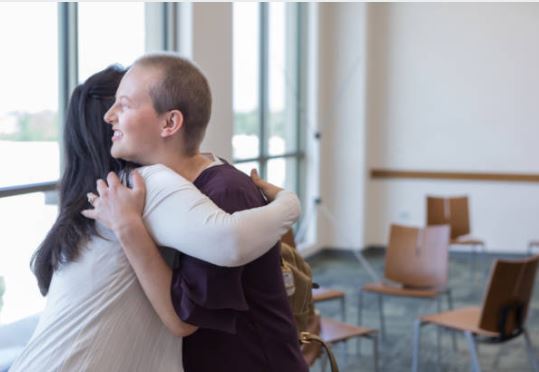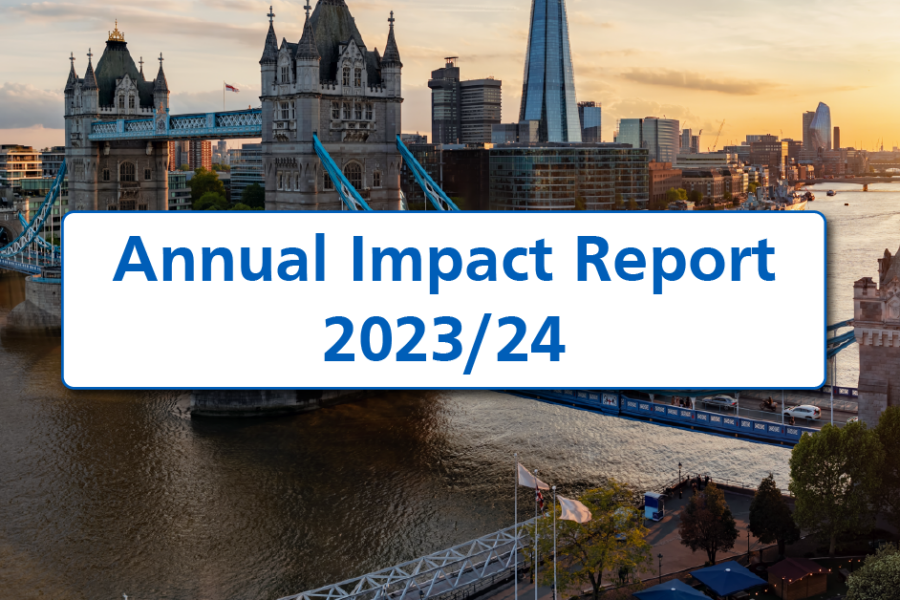Mental health – Annual Impact Report 2023/24
Good mental health is important at every stage of life, and having access to timely, appropriate support can be life changing. The NHS is committed to improving access to mental health services so that more people of all ages receive the treatment they need.
Leading suicide prevention in London
Thrive LDN leads suicide prevention in London on behalf of NHS England. In September 2019, Thrive LDN launched the Real Time Surveillance System (RTSS), co-hosted by the Metropolitan Police.
This is a platform for multiple agencies that securely collects and shares real-time data on suspected suicides.
A similar model was launched nationally in November 2023 and Thrive LDN was among 15 national experts consulted on it.
Better for people at risk of suicide
- Recording of key demographic information, including contextual and geographic links, enables preventative initiatives.
- Capturing emerging means of suicide allows coordinated action.
Better for people bereaved by suicide
- The system makes real-time referrals to specialist bereavement support in London, enabling services to proactively contact people bereaved by suicide.
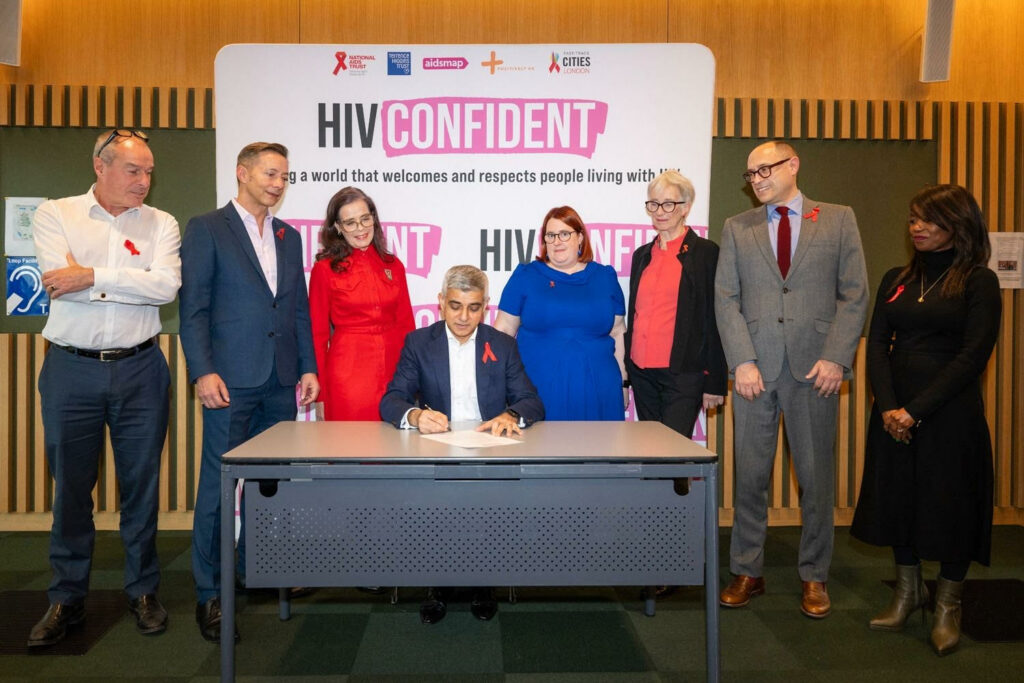
Universal access to perinatal mental health services
In 2024, we concluded a seven-year programme in London to achieve all the ambitions for perinatal mental healthcare set out in the NHS Long Term Plan.
Working in partnership with the NHS in London, we have collectively ensured there is universal access to specialist perinatal mental healthcare, supported by Provider Collaboratives across the capital.
Perinatal mental health services are for women/birthing people who are planning a pregnancy, pregnant, or who have a baby up to one year old, and who experience mental health problems.
The programme we supported, which started in 2017, succeeded by creating a responsive network of professionals, peer support and experts by experience who were all determined to improve the care and experiences of women, birthing people and families.
To facilitate this work, our team:
- set up clinical leads support and networks
- created the first Lived Experience Practitioner programme team post to support the roll out of maternal mental health services and encourage the development of peer support for perinatal mental health
- developed and updated a training and education plan for London to address gaps in training and education. There are now hundreds of perinatal mental health champions in the capital
- created a dedicated webpage, podcast series, clinical guidance and newsletter
- supported the creation of Provider Collaboratives in London.
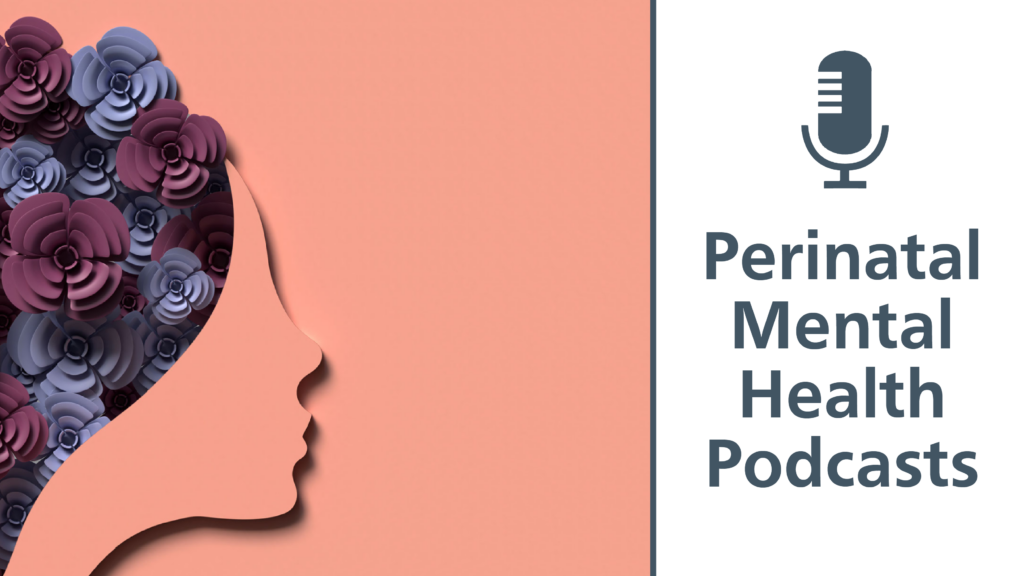
Better for patients, babies and families
- Every postcode in London is covered by community perinatal mental health teams.
- Women, birthing people and families have access to a wider range of psychological interventions
- As of April 2024, all three London Provider Collaboratives have gone live.
Want to know more?
Interested in hearing more about our mental health work, or how we can support you to reach your goals? Please contact us for an informal chat.
email us at:rf-tr.tphc-communication@nhs.net
Supporting free digital mental health and wellbeing for Londoners
Good Thinking, a free, NHS-approved, online mental health and wellbeing service for Londoners, is one of the mental health programmes we support.
It offers Londoners the tools and guidance to find their own path to improve their wellbeing, is available 24/7 on any device and is completely anonymous.
We work with different organisations, communities, charities, and others to create impactful content.
Better for children and young people
- Good Thinking now has information on dealing with exam stress and bullying, created with Partnership for Young London.
Better for adults
- This year Good Thinking will be launching training to support workplace wellbeing.
- We’re also supporting a ‘train the trainer’ pilot in Newham with community organisations to raise awareness of Good Thinking by making every contact count. This will support more people to better understand and manage their mental wellbeing.
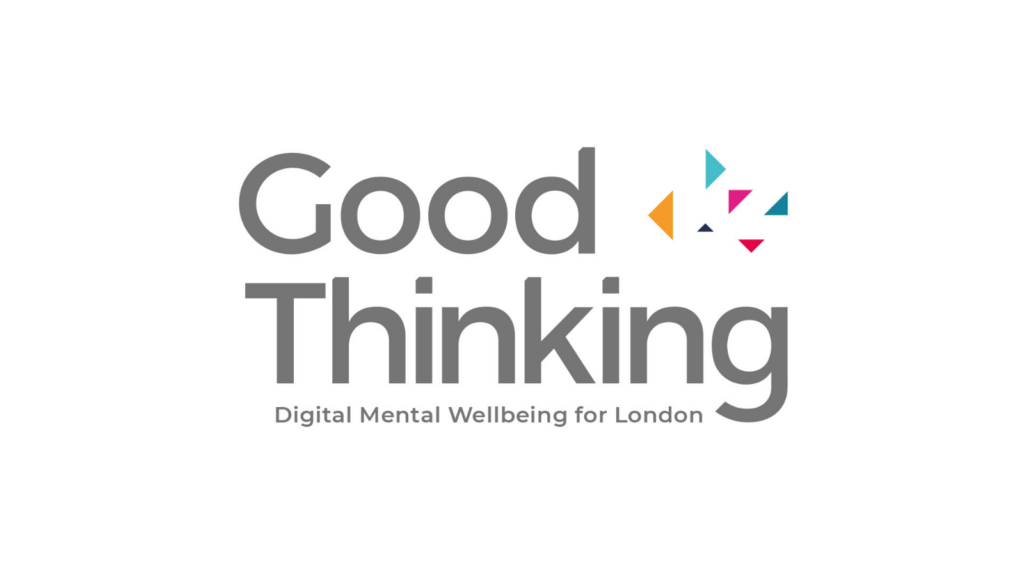
Understanding the mental health and wellbeing needs of children and young people with SEND in London
We carried out a stocktake for the London Leaders Group on the scale and range of mental health and emotional wellbeing needs of children and young people with special educational needs and disabilities (SEND) in London.
Through in-depth data analysis, we:
- outlined the current levels of need in children who come forward
- analysed trends over the previous five years
- estimated the current number and prevalence
- considered wider risk and protective factors.
Better for children with SEND
- Our work identified the areas of London where children and young people with SEND have the highest level of mental health and emotional wellbeing needs.
- It also identified the backgrounds and circumstances of those most likely to develop such needs.
- Our analysis is helping to inform London leaders on where preventative intervention or support is most needed in London.



